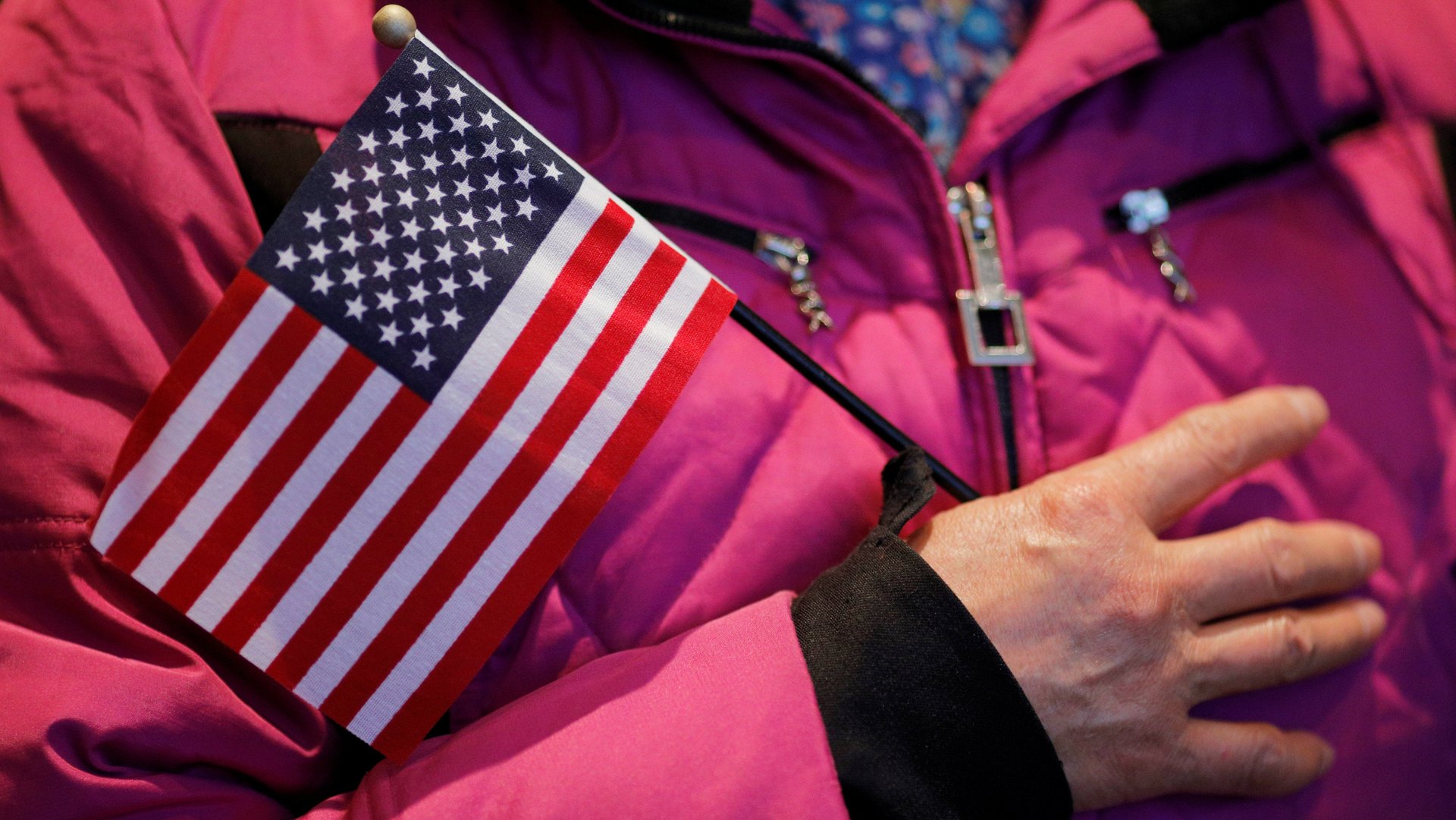The ACLU says the FBI is accusing Chinese-American scientists of espionage because of their race
The American Civil Liberties Union (ACLU) has joined a civil rights lawsuit that a Chinese-American academic is filing against the FBI. The plaintiff, Temple University professor Xiaoxing Xi, and his legal team allege that the FBI indicted Xi based on fabricated evidence, and targeted him specifically because he was Chinese.


The American Civil Liberties Union (ACLU) has joined a civil rights lawsuit that a Chinese-American academic is filing against the FBI. The plaintiff, Temple University professor Xiaoxing Xi, and his legal team allege that the FBI indicted Xi based on fabricated evidence, and targeted him specifically because he was Chinese.
The lawsuit, which was amended on Oct. 31, follows several other instances wherein the FBI has been found to have wrongly targeted Chinese individuals living in the US on suspicions of espionage. These incidents coincide with growing concerns in Washington about state and commercial espionage coming from Beijing.
As described in the amended complaint, in May 2015 the FBI indicted Xi alleging that he had unlawfully transferred technology to entities in China. Specifically, it alleged that in 2006, Xi reached an agreement with Texas-based Superconductor Technologies (STI) to a 12-month lease of device known as a “pocket heater,” in which he agreed not to “reproduce, sell, transfer, or otherwise distribute” the technology. The FBI argued that (pdf) Xi intended to share this technology with Chinese entities to to help them “become world leaders in the field of superconductivity,” citing emails to Chinese “associates” as evidence.
Days after filing the indictment, the FBI arrived at Xi’s home in Penn Valley, Pennsylvania at dawn wearing bulletproof vests, held Xi’s wife and daughter at gunpoint, and arrested Xi. As his case progressed, Temple University placed him on leave and suspended his title as interim chair of the physics department.
According to Xi’s complaint, charges against him were dropped in September 2015 upon the prosecution’s discovery that the emails Xi sent to China were unrelated to the pocket heater, and part of ordinary academic collaboration. With the assistance of the ACLU, Xi and his daughter Joyce are suing the FBI for racial discrimination, alleging that he was targeted because he is Chinese.
“My father’s case reflects some of America’s most cherished ideals gone wrong,” Joyce Xi wrote in 2015 for USA Today. “My father is a hard-working, innocent American who was presumed guilty. He devoted his life to academic research, for the sake of understanding the world around us better and contributing to his university and country—America. He had all that taken away from him in an instant.”
The ACLU notes that Xi’s case marked the third such instance in a 10-month stretch wherein the FBI implicated Chinese-American citizens in espionage schemes, only to dismiss their charges.
In October 2014, Sherry Chen, an employee of the National Weather Service living in Ohio, was arrested and charged with illegally downloading data (paywall) about “critical national infrastructure,” after a coworker suspected that China’s water-resources ministry was using Chen as a conduit to obtain data from the US Army Corps of Engineers. Five months after her arrest, the FBI dropped the charges against her without an explanation.
Meanwhile, in October 2013, naturalized American citizens Guoqing Cao and Shuyu Li were indicted on the suspicion that they shared private trade secrets from their employer, pharmaceuticals producer Eli Lilly, with a Chinese rival. One year later, the US Attorney’s Office called on a federal judge to dismiss the charges.
Quartz could not immediately reach the FBI for comment.
“The FBI’s conduct in [Xi’s] case and others suggests that the government has been targeting Chinese-Americans because of their race or ethnicity,” ACLU attorney Patrick Toomey said in statement released yesterday. “The Constitution demands a remedy when the government runs roughshod over the rights of innocent citizens.”
The indictments stem from a surge of investigations into Chinese economic espionage, spearheaded by the Obama administration. At least some of these investigations have led to sentences, though the most publicized ones involve Chinese citizens, not naturalized American citizens.
In March 2015, former NYU professor and Chinese citizen Yudong Zhu reached a plea deal with prosecutors who alleged he had committed commercial bribery by sharing research funded by the National Institutes of Health with a Chinese company. And in October 2016, a federal court sentenced Mo Hailong, a Chinese citizen with permanent residence in the US, to three years in prison for attempting steal inbred corn seed (paywall) from DuPont Pioneer.